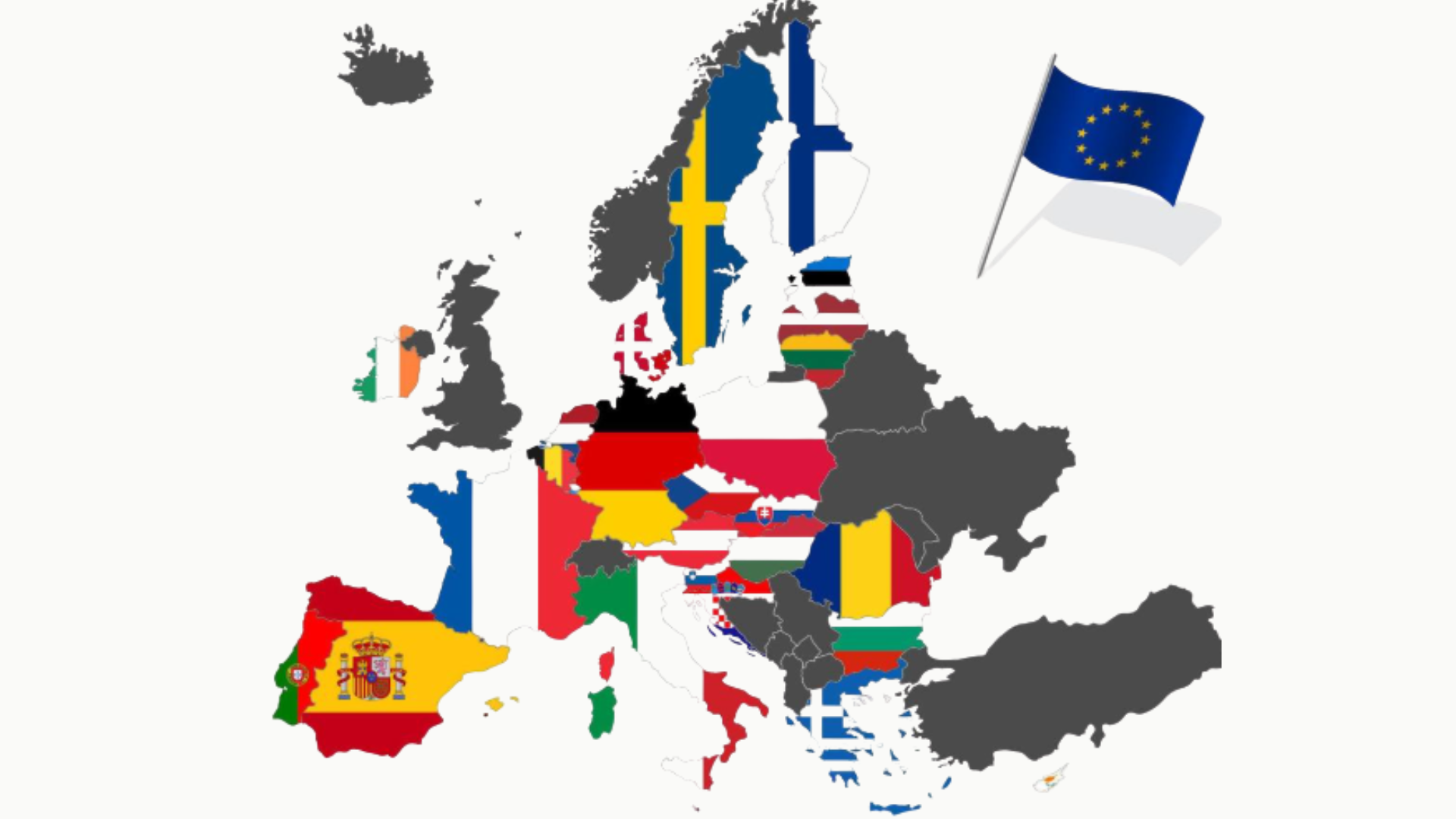France’s Citizenship Tax Reform: A Challenge for Global Investors

France is moving toward a major tax policy shift that could change how its citizens plan their financial futures, wherever they live. In a controversial move, French lawmakers have adopted a measure to apply taxation based on citizenship, not just on residency.
This means French nationals, even those living abroad, could be taxed as if they were still in France, a model currently used only by a few countries like the United States and Eritrea. For globally mobile investors and high-net-worth individuals, this signals a potential shake-up in global tax planning.
In this blog, we’ll explain what this change means, who it could affect, and what steps investors, entrepreneurs, and international families should take now to protect their assets and mobility.
Historically, France, like most countries, taxed individuals based on residence. If you lived in France more than 183 days a year or had your primary financial ties there, you were considered a tax resident. Citizens living abroad were taxed only on French-sourced income.
Now, France is exploring citizenship-based taxation, which would require French citizens to continue paying taxes even after they leave the country, unless they formally renounce their citizenship or are exempted under bilateral tax agreements.
The measure has been approved at the parliamentary level but will likely face further political, legal, and international scrutiny before full implementation.
This move puts France among a very small group of countries that tax based on citizenship, most notably the United States, which taxes its citizens regardless of where they live. If fully implemented, it would make France the first EU country to adopt such a system.
What’s driving the change?
- Preventing tax avoidance: Lawmakers argue that too many high-net-worth individuals leave France to avoid its high income, wealth, or inheritance taxes, while still benefiting from citizenship rights.
- Raising state revenue: In the face of fiscal pressures, governments are seeking new ways to fund services and reduce deficits.
- Global mobility trends: As more individuals live transnational lives, countries are trying to retain some form of tax connection with their citizens.
- Public perception: Citizenship-based taxation can be politically popular, framing the issue as wealthy elites “not paying their share.”
The impact of this policy depends on your personal and financial situation, but those most affected include:
- French nationals living abroad, particularly in low-tax countries or tax havens
- Dual nationals with French citizenship who thought they had left French tax obligations behind
- Expats with significant global income, especially from investments, property, or trusts
- Entrepreneurs or digital nomads with French passports operating outside France
- High-net-worth families with estate or succession planning structures tied to France
Even French citizens who emigrated decades ago and no longer consider France their “home” could be pulled back into the French tax system.
In a citizenship-based model, your tax obligations don’t disappear when you leave the country. Instead:
- You may be required to file French tax returns annually
- You could owe taxes on global income, not just income earned in France
- You may face reporting requirements on foreign bank accounts, assets, trusts, and companies
- Penalties could apply for failure to report, even unintentionally
- Some relief may exist through foreign tax credits or double tax treaties, but they may not eliminate the burden entirely
This structure can result in overlapping taxation, complicated compliance, and increased audit risk, especially for high-income earners or those with complex international portfolios.
This development adds urgency to a trend we’re already seeing worldwide: governments tightening their tax and citizenship rules in response to globalization.
Here’s what it means from a mobility planning perspective:
- Citizenship is no longer just about travel.
- Citizenship now comes with potential lifetime tax obligations. For globally mobile families, it’s no longer just a matter of visa-free access or security but also about financial exposure.
- Strategic citizenship planning is essential.
- Holding multiple passports without understanding the tax implications of each can lead to unintended consequences. Investors should consult specialists to ensure their citizenship choices align with their long-term goals.
- Second citizenship may be a solution or a risk.
- In some cases, obtaining another citizenship (and potentially renouncing the original one) might reduce long-term tax risk. But this should be done carefully, considering tax exit rules, asset declarations, and potential penalties.
- Residency doesn’t always equal safety.
- Relocating to a tax-friendly country might not be enough if your passport country still claims taxing rights. Investors need layered strategies that address both residence and citizenship-based obligations.

If you hold French citizenship, here are steps to take immediately:
- Review Your Citizenship Exposure
- Determine whether you hold French nationality (even if dual) and what your obligations may be if citizenship-based taxation is enacted.
- Revisit Your Tax Residency Structure
- Speak to tax advisors familiar with both French and international systems. Consider how your income, assets, and investments are structured.
- Explore Alternative Citizenship or Residency Options
- Citizenship by investment or long-term residence in another country may give you the flexibility to manage exposure but make sure the benefits outweigh the legal and financial complexity.
- Organize Your Global Documentation
- Tax transparency laws are expanding. Be sure you have clear records of foreign bank accounts, companies, trusts, and income sources.
- Monitor the Legal Rollout Closely
- This policy is still in development. Laws can change rapidly and early movers often benefit most from proactive planning.
France may not be the last country to consider citizenship-based taxation. Other high-tax jurisdictions, particularly in the EU, may follow suit if this model is seen as effective.
Investors should keep an eye on:
- Germany: Similar concerns about tax flight
- Italy: Reviewing high-net-worth migration
- Spain and Belgium: Considering wealth-based taxation reforms
- OECD policies: Encouraging countries to share data and harmonize reporting
Contact us if you are interested in Citizenship by Investment
Our expert advisors will have a 1-on-1 consultation to find the best solutions for you and your family and guide you through the procedure.
Aligning Citizenship, Tax, and Mobility
The era of simple tax residency is ending. As countries like France move toward citizenship-based taxation, global citizens must think differently.
It’s no longer enough to choose where to live. You must carefully consider:
- Where you’re a citizen
- What that citizenship requires financially
- Whether your passports, residencies, and wealth plans are truly working in sync
Smart investors and mobile families are already adapting because once these rules are in place, the cost of inaction could be much higher.
Need help building a tax-smart mobility strategy?
Our team can help assess your exposure and guide you through second citizenship and global residency options that work for your future.
Share this blog
Frequently Asked Questions
Related Articles
Beijing Is Watching Your Wealth; Turkey Offers a Legal Pathway
In an era of rising financial scrutiny, global investors are taking action. Discover why 89% of Chinese HNWIs are exploring…
The Hidden Cost of Staying in High-Tax Countries for Wealth
Staying in a high-tax country could cost you more than just money, it could cost you opportunity, legacy, and control….
$5 Billion in Bilateral Trade Targeted Between Nigeria and Türkiye
Nigeria and Türkiye are deepening economic ties with a $5 billion annual trade target. This strategic move signals trust, investor…
Why Europe Is Tightening Control Over Wealth and Tax Freedom
Governments across Europe are taking a tougher stance on wealth, mobility, and personal tax planning. As proposals tighten, successful investors…
The Hidden Strength Behind CBI Real Estate Resale Rules
CBI real estate resale rules are often misunderstood. Rather than a drawback, these rules provide structure, preserve market stability, and…
Saudi Premium Residency: Unlock Investment & Opportunity
Learn how Saudi Premium Residency is opening powerful pathways for high‑net‑worth investors, entrepreneurs, and business owners. Understand eligibility options, advantages,…
What Nigeria’s Restructuring Debate Signals to Investors
Nigeria’s restructuring debate is not about politics. It is about long-term certainty. For investors and high-net-worth families, repeated reform discussions…







